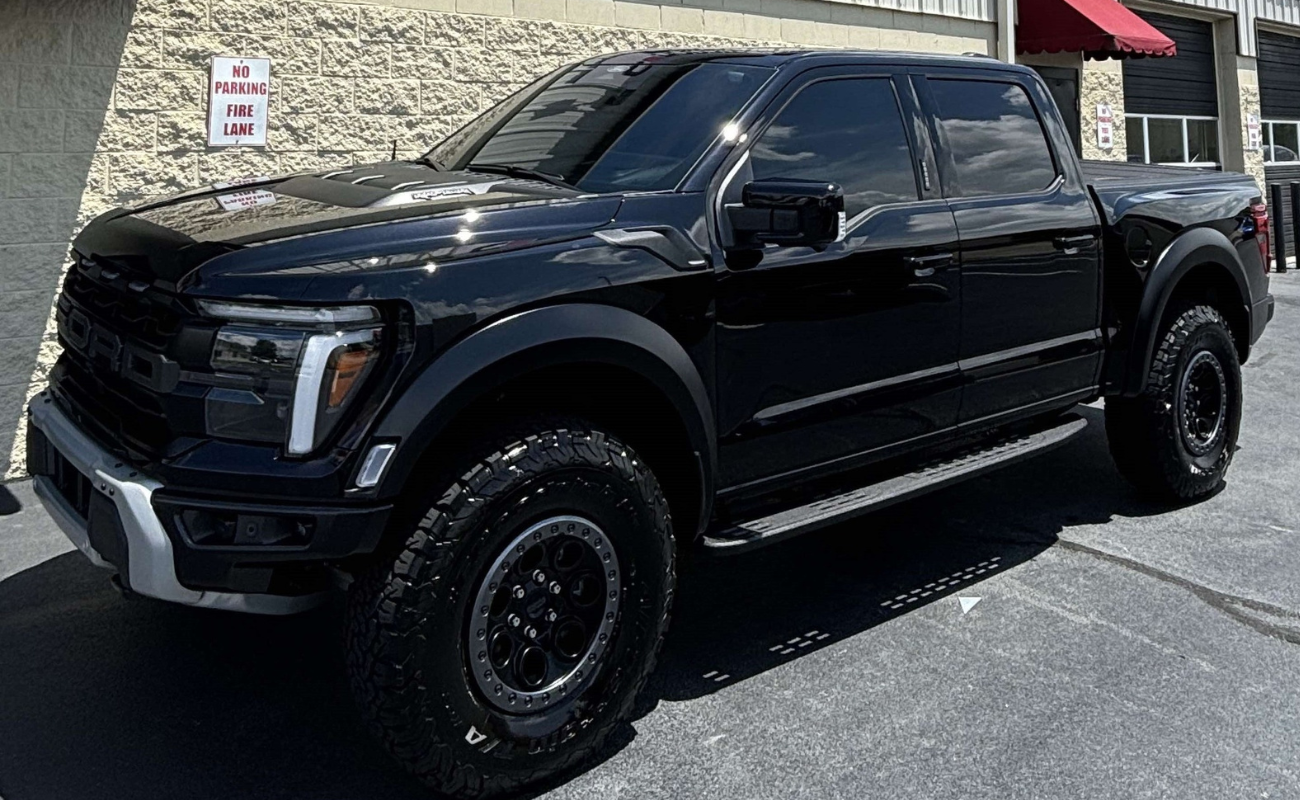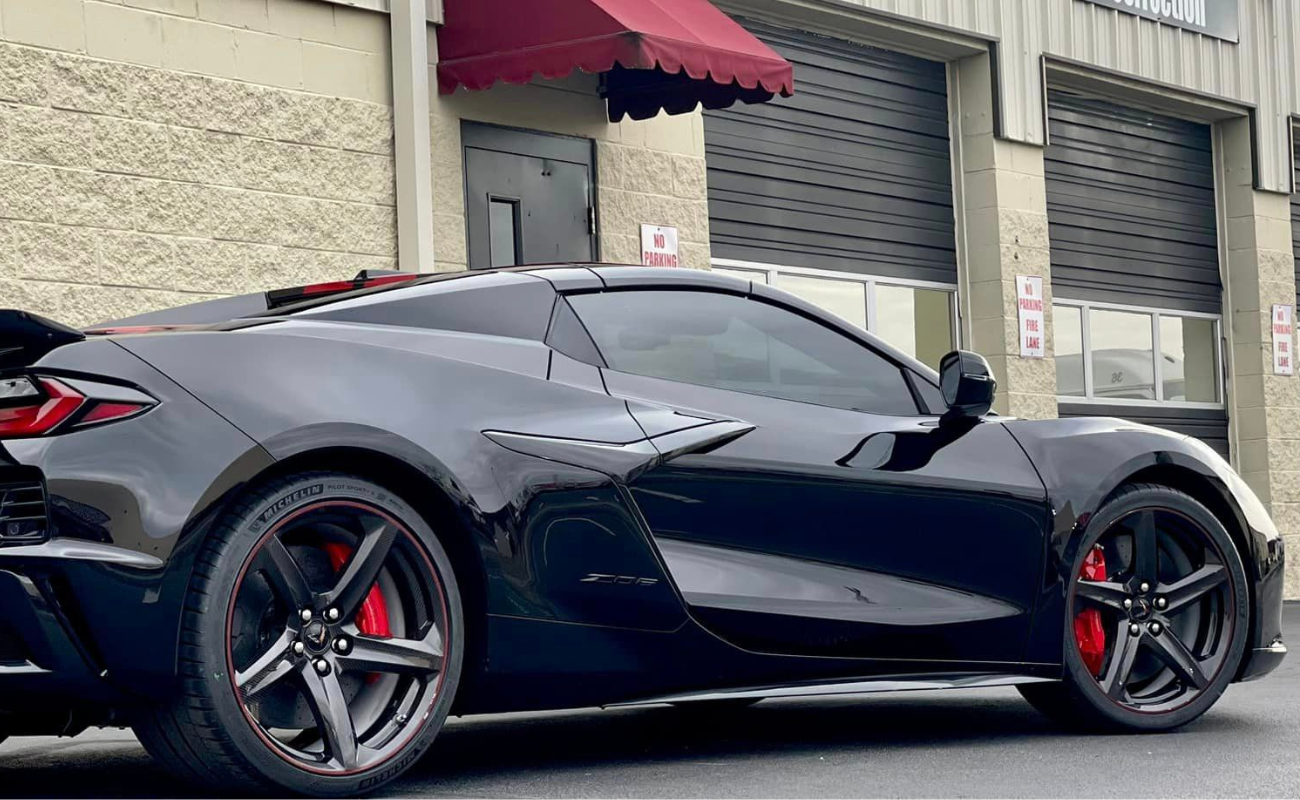As you consider the best window tint for your car, factors like UV protection levels, heat reduction, and privacy enhancement are crucial. But do you know the most vital step before diving into tint options? Understanding tinting laws can make or break your tinting journey. Before you make a decision, consider this pivotal aspect that often gets overlooked, paving the way for a smooth and hassle-free tinting experience.
Key Takeaways
- Understand tinting laws in your area for legal compliance.
- Choose a tint type based on desired benefits like privacy or heat reduction.
- Consider UV protection level and heat rejection properties.
- Evaluate tint performance for privacy enhancement.
- Select a professional installer for precision application and warranty coverage.
Assess Your Tinting Needs
When considering the best window tint for your car, the first step is to assess your tinting needs. Window tinting serves various purposes, such as enhancing privacy, reducing glare, blocking UV rays, and improving the overall aesthetic of your vehicle. To determine the right window tint for you, start by considering your primary reason for tinting.
If you value privacy, a darker shade is more suitable, while those looking to maintain visibility opt for a lighter tint. Additionally, think about the climate in which you live. If you reside in a sunny area, choosing a tint with high UV protection can help protect your skin and prevent interior fading.
Another evaluation aspect is the legal regulations regarding window tinting in your state or country. Different regions have specific laws regarding the darkness of window tints allowed on vehicles, so it’s crucial to comply with these guidelines to avoid fines or legal issues.
Moreover, assess your budget for window tinting. The cost can vary depending on the type of tint, the brand, and the quality of installation. Research different options and consider the long-term benefits of investing in a higher-quality tint. By carefully assessing your tinting needs, you can make an informed decision that enhances your car’s functionality and aesthetics.
Understand Tinting Laws
Understanding tinting laws in your area is essential to comply with legal requirements when choosing window tint for your car. Window tinting laws vary by state and country, so you must familiarize yourself with the specific regulations that apply to you. These laws typically dictate the allowable percentage of light transmission for the tint, known as Visible Light Transmission (VLT).
VLT refers to the light that can pass through the tinted windows. The lower the VLT percentage, the darker the tint.
In addition to VLT restrictions, tinting laws may govern which windows can be tinted and to what extent. For instance, some areas prohibit or limit the tinting of front windshields or restrict the use of reflective tints. Familiarizing yourself with these regulations will help you avoid fines, citations, or the need to remove and replace illegal tints.
To find information on tinting laws in your area, check with your state’s Department of Motor Vehicles (DMV) or visit their website. Many states provide detailed guidelines on permissible tint levels for each window of your vehicle. By understanding and adhering to these regulations, you can enjoy the benefits of window tinting while staying on the right side of the law.
Choose the Right Tint Type
Selecting the right tint type for your car windows is crucial. You should consider factors such as your desired level of privacy, heat rejection needs, and aesthetic preferences. There are several tint types to choose from, each offering different benefits.
A dyed window tint is an affordable option that can help reduce glare and provide some level of UV protection. It works by absorbing solar heat. However, it isn’t as effective at reducing heat as other types of tint.
Metalized window tint is another popular choice. It’s known for its durability and heat-rejection properties. This type of tint uses small metallic particles to reflect heat away from the vehicle, keeping the interior cooler.
If you’re looking for high heat rejection, ceramic window tint is a top choice. It’s a premium option that provides excellent protection against UV rays and infrared heat. Ceramic tint is also non-metallic, which means it won’t interfere with electronic devices in your car.
Carbon window tint is a good middle-ground option, offering decent heat rejection, UV protection, and a stylish matte finish. It’s durable and doesn’t fade over time like dyed tints. Consider your specific needs and preferences to select the tint type that best suits your car.
Consider Tint Performance
Considering tint performance is crucial when selecting the best window tint for your car. The performance of the tint directly impacts its ability to block harmful UV rays, reduce heat, and provide privacy.
One key factor to evaluate is the tint’s UV protection level. High-quality window tints offer a significant level of protection against UV radiation, safeguarding your skin and interior from damage.
Additionally, a tint with good heat reduction properties can help keep your car cool in hot weather, reducing the need for excessive air conditioning and improving fuel efficiency.
Another aspect of tint performance to consider is its ability to enhance privacy. A tint that provides a high level of privacy can deter potential thieves by obstructing the view into your car.
When selecting a tint based on performance, look for reputable brands known for their quality products. Reading reviews and seeking recommendations can guide you in choosing a tint that delivers on its promises.
Select a Professional Tint Installer
When it comes to ensuring the optimal performance and longevity of your chosen window tint, selecting a professional tint installer is a decision that can significantly impact the overall outcome. Professional tint installers possess the expertise and experience necessary to ensure a flawless application that not only enhances the aesthetic appeal of your car but also provides functional benefits. Here are three key reasons why choosing a professional tint installer is crucial:
- Precision Application: Professional tint installers have the skills and tools required to apply the tint with precision, ensuring a seamless finish without any bubbles, creases, or imperfections. Their attention to detail ensures a high-quality installation that enhances the overall look of your vehicle.
- Quality Materials: Professional installers use high-quality tint materials that are durable and long-lasting. By opting for a professional, you can be confident that the tint being applied to your windows is of superior quality, providing UV protection, heat reduction, and glare reduction effectively.
- Warranty Coverage: Most professional tint installers offer warranty coverage on their work. This means that in case of any issues or concerns with the tint, you can rely on the installer to address and rectify them, giving you peace of mind regarding the longevity and performance of your window tint.
Choosing a professional tint installer ensures that your window tint is applied correctly, using top-notch materials, and with the added assurance of warranty protection.
By following these essential steps in choosing the best window tint for your car, you can ensure that your tinting needs are met while staying compliant with regulations. Remember to select a tint type that suits your preferences and offers optimal performance in terms of UV protection, heat reduction, and durability. By entrusting a professional installer with the application, you can enjoy the benefits of a high-quality tint that enhances both the look and functionality of your vehicle.







